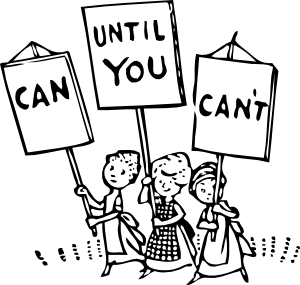
1rst ESO-A, Group 2: Gabi, Blal, Suhana, Beenish, Antonia & Jero.
1rst ESO-B, Group 1: Hajra, Sanwal, Coral, Dylan, Abdul & Luis.


subject
|
auxiliary verb
|
main verb
|
|
+
|
My grandmother
|
could
|
swim.
|
-
|
She
|
could not
|
walk.
|
couldn't
|
|||
?
|
Could
|
your grandmother
|
swim?
|
Past
|
||
General
|
Specific Occasion
|
|
+
|
My grandmother could
speak Spanish.
|
A man fell into the river
yesterday. The police were able to save him.
|
-
|
My grandmother couldn't speak
Spanish.
|
A man fell into the river
yesterday. The police couldn't save him.
|

Affirmative
| |||
|
must
|
go
come
work
live
speak
| |
Negative
| |||
|
must not
mustn't
|
go
come
work
live
speak
| |
Interrogative
| |||
Must
|
|
go?
come?
work?
live?
speak?
| |
Affirmative answers
|
Negative answers
| ||||||
Yes,
|
I
you
he
she
it
we
you
they
|
must.
|
No,
|
I
you
he
she
it
we
you
they
|
mustn't.
| ||

subject
|
auxiliary verb
|
main verb
| ||
+
|
I
|
can
|
read
|
a book.
|
-
|
He
|
can't /cannot
|
read
|
a book.
|
?
|
Can
|
you
|
read
|
a book?
|